The Truck Company as a Team – [Part 1 of 2]
I often hear people ask, how does your truck company work so well?
Great question, the primary ingredient is trust. In order for a crew or team to work effectively you must trust each other to carry out your assigned task; as well as being able to communicate that you aren’t able to carry out that task.
That said, there are a host of other ingredients that must go into working as a well-oiled machine.
• Leadership- it is not always the officer. The officer may very well be the leader, but whomever has that role of leader of the pack, must set the tone. That tone must involve training and more training, a “let’s get it done attitude” and an ability to communicate the needs, direction, strengths and weaknesses of each member of the team.
• Pre-assigned position functions. Each member of the team must have a clear pre-assigned task list. Each member of that team needs to know each other’s task list. These “lists” must be practiced until they are not even a thought process, but an instinct. Task lists can and should be based on call type, structure type and needs assessment.
• Know each other’s strengths, and utilize that person’s strength to benefit the team. In our company’s case we had a mechanical genius, a “truck mule” who could carry almost anything, a failure is not an option guy, and great officers that understood how to make the team better.
• Understand and adjust to each other’s weaknesses. Regardless of your firefighting prowess, we all have weaknesses in almost every aspect of what we do on the incident scene. A great truck crew understands that and makes the necessary adjustments for those weaknesses. I like to call that the “jack of all, master of none” theory. The well-oiled machine makes those adjustments.
• Critique EVERY incident as a team; and as individuals. This is the critical foundation for trust. We can and will learn from every call. Sometimes this “critique” make take 2 minutes; sometimes it may take hours. Establish a mental slideshow of every incident and what went well and what didn’t go so well. Make the team learn and adjust!
• Have the mental attitude of we can get this done. The team must have the same mindset. The work ethic you exhibit is contagious!
• Have a plan of attack as a team for every structure in your district. As you are out and about stop and say, “hey how would we handle this building if we had a fire?” Talk through each person’s job and their tools. This training tool is invaluable. If you are around long enough, one of these building will burn.
• When you learn about something different or new, share it with your team, it might work and might not. It does make a better team.
• Review as a team other peoples fires and rescues. Those are the experience builders. Establish scenarios and work through them as a team.
In an upcoming article I will discuss the position assignment theory. That assignment matrix ties in nicely to making that well-oiled machine work.
Until next time, start building your team!
“Be Safe, Be Ready!”

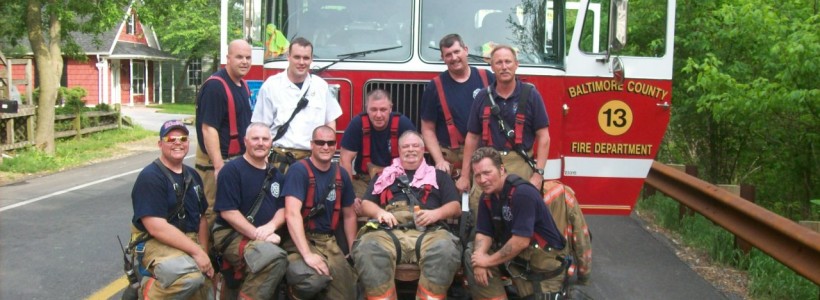
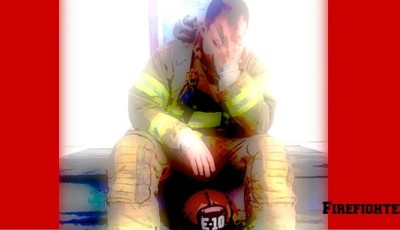
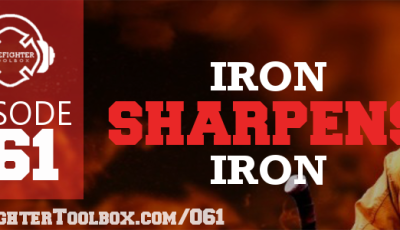
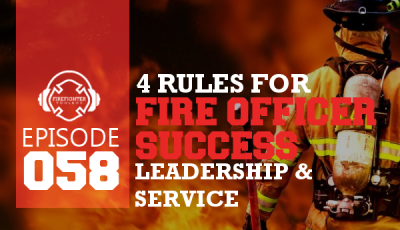
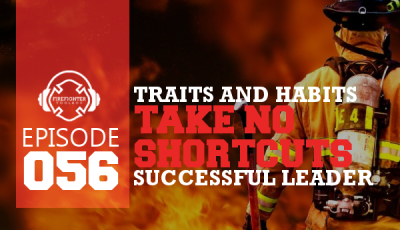
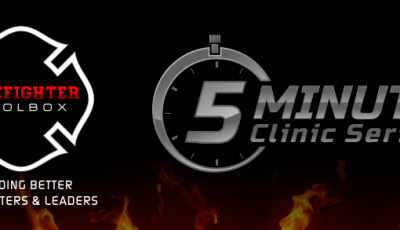
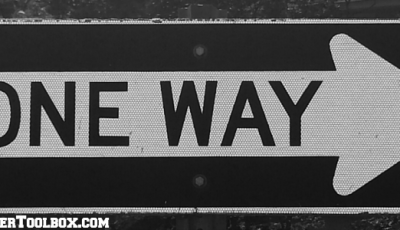
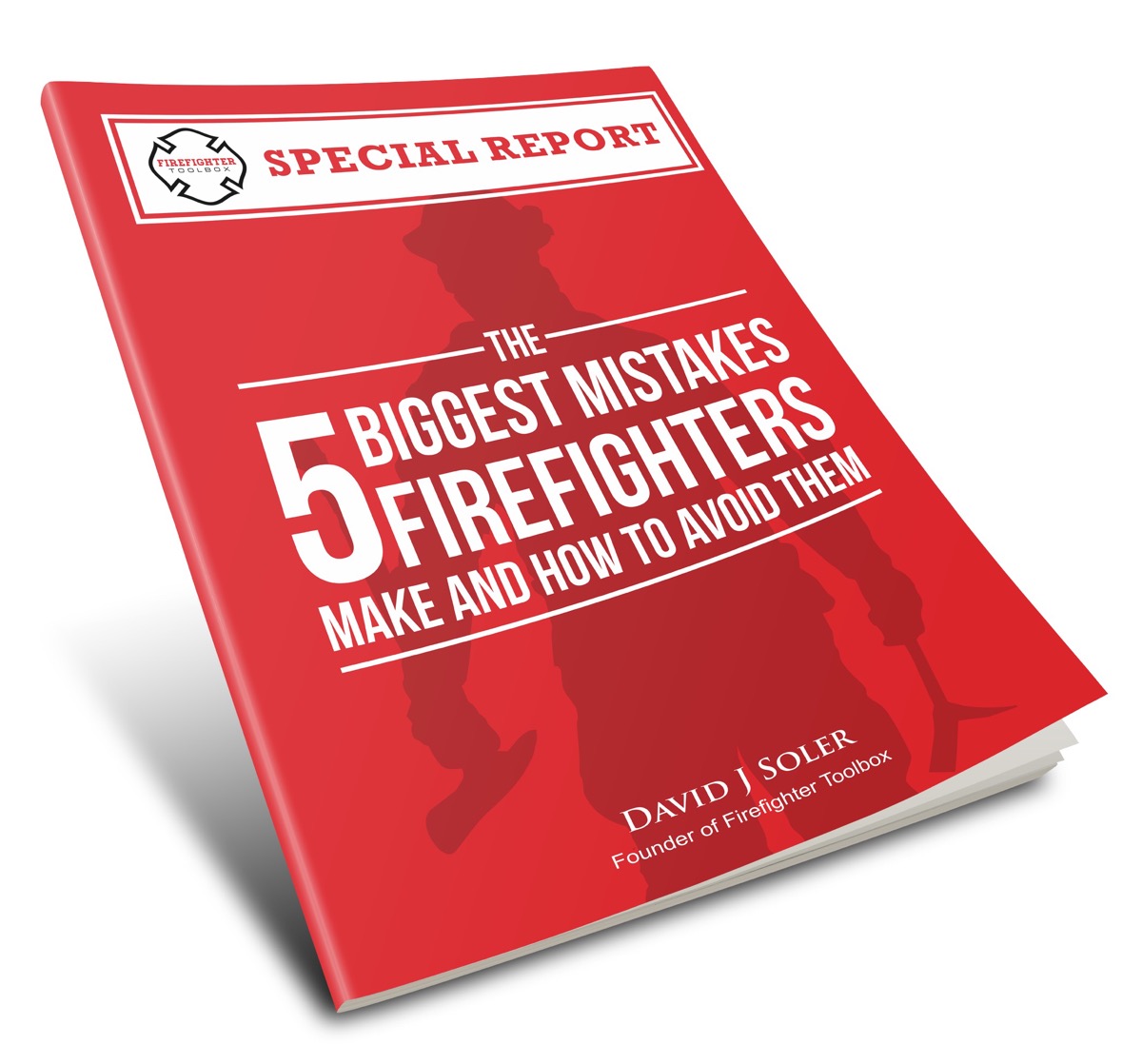



Mike and a couple of his guys came up to NY and worked with our FAST (RIT) Team. Mike and his crew are very good at what they do and we’re excellent instructors! Hope you guys can make the trip again in the future!